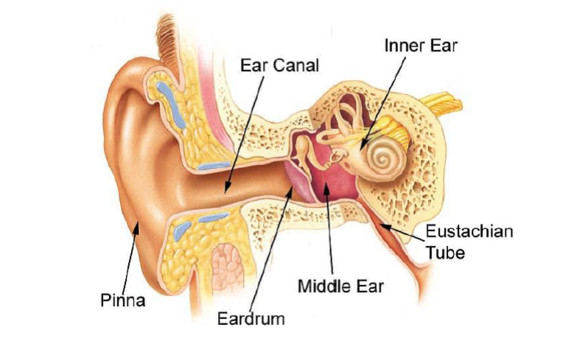Vestibular Rehabilitation
Who should seek Vestibular Rehabilitation Therapy (VRT)?
Many people with vestibular disorders experience sensations of dizziness, lightheadedness, spinning, imbalance, and visual disturbances that can greatly affect function and even lead to falls. The causes of these symptoms can be varied and, many times, are treatable with physical therapy.
Diagnoses commonly treated
-
- Labrynthitis
- Vestibular Neuritis
- Anterior Vestibular Artery Ischemia
- Meniere’s Disease
- Acoustic Neuroma (once resected)
- Superior Canal Dehiscence (post-surgical)
- Bilateral Vestibular Hypofunction
How can physical therapy help treat dizziness?
Physical therapists with specialty training perform Vestibular Rehabilitation Therapy (VRT), which is a treatment approach designed to address complaints of dizziness, imbalance, gaze instability, and functional decline as a result of vestibular dysfunction. VRT includes an individualized exercise-based program designed to facilitate return to your normal activities. Before developing this program, a comprehensive clinical examination is required to determine your course of treatment.
VRT may also include repositioning maneuvers, which are used to treat Benign Paroxysmal Positional Vertigo (BPPV). BPPV is one of the more commonly treated vestibular disorders, and occurs when the “crystals” in your inner ear become displaced, causing positional symptoms of vertigo and imbalance. Your vestibular-trained therapist will determine the specific cause of your BPPV and may perform a repositioning maneuver to guide the crystals back into their proper location in the inner ear.
What should patients expect?
Your first session will be an evaluation, which is designed to provoke your symptoms in order for your therapist to better understand and treat your condition. Though the evaluation may be fairly uncomfortable, future treatment sessions should not be as provocative.
Your PT360 therapist will then design a treatment plan that includes supervised sessions and an individualized home program. Duration of treatment depends on your diagnosis and presenting symptoms - you may only need to be seen 1-2 visits, where others may need to be seen for 3-4 months. Depending on the problems identified, there are four main categories of treatment in vestibular rehabilitation therapy:
- Repositioning maneuvers
- Gaze stabilization
- Habituation
- Balance training.
There is the possibility that you may be referred out to a specialist, as not all vestibular disorders respond to Vestibular Rehabilitation Therapy. At PT360, our primary goal is to maximize your ability to return to the functional activities most important to you. Thus, we will advise you if we feel other specialists may need to be included in your care in order to achieve your goals.
Helpful Resources
Vestibular Disorders Association (VeDA)
Academy of Neurologic Physical Therapy - Vesitbular Disorders & Dizziness


